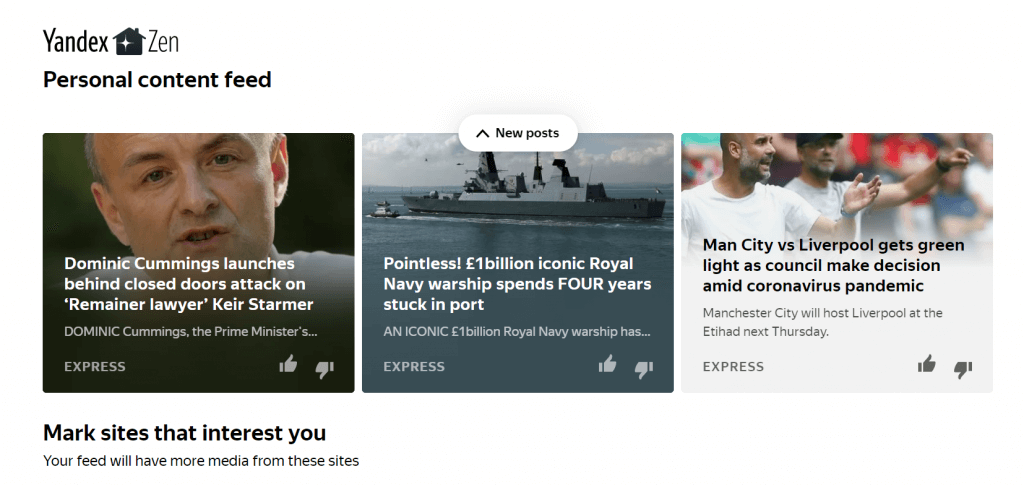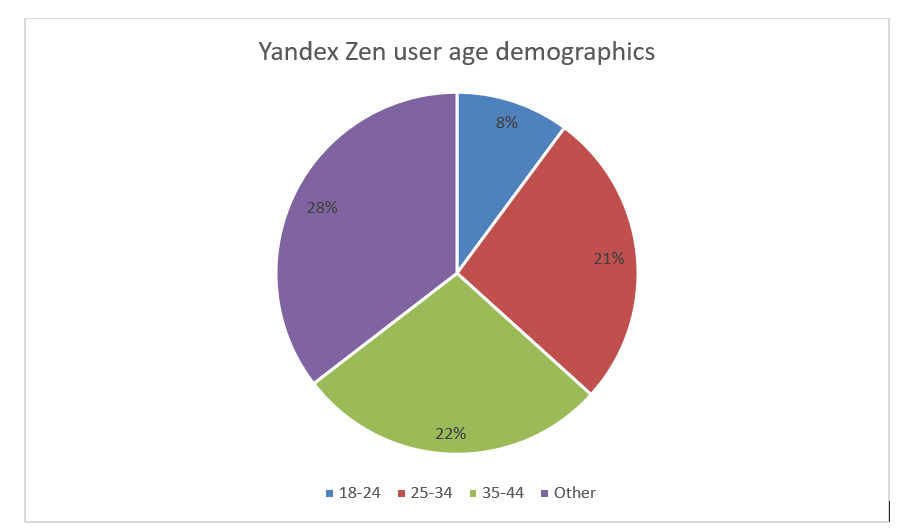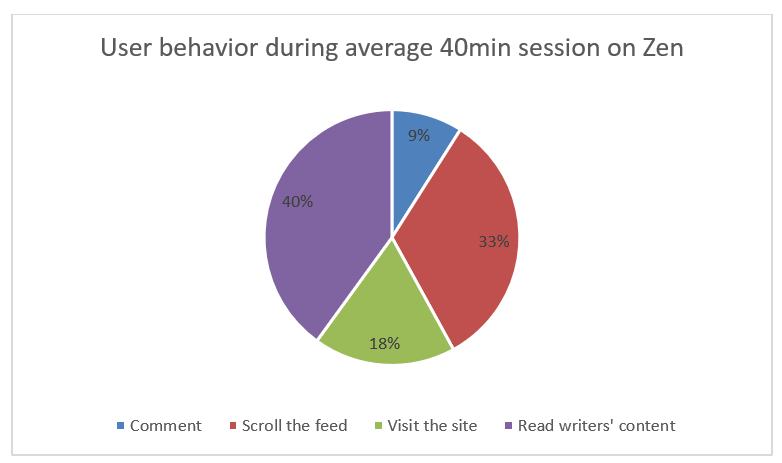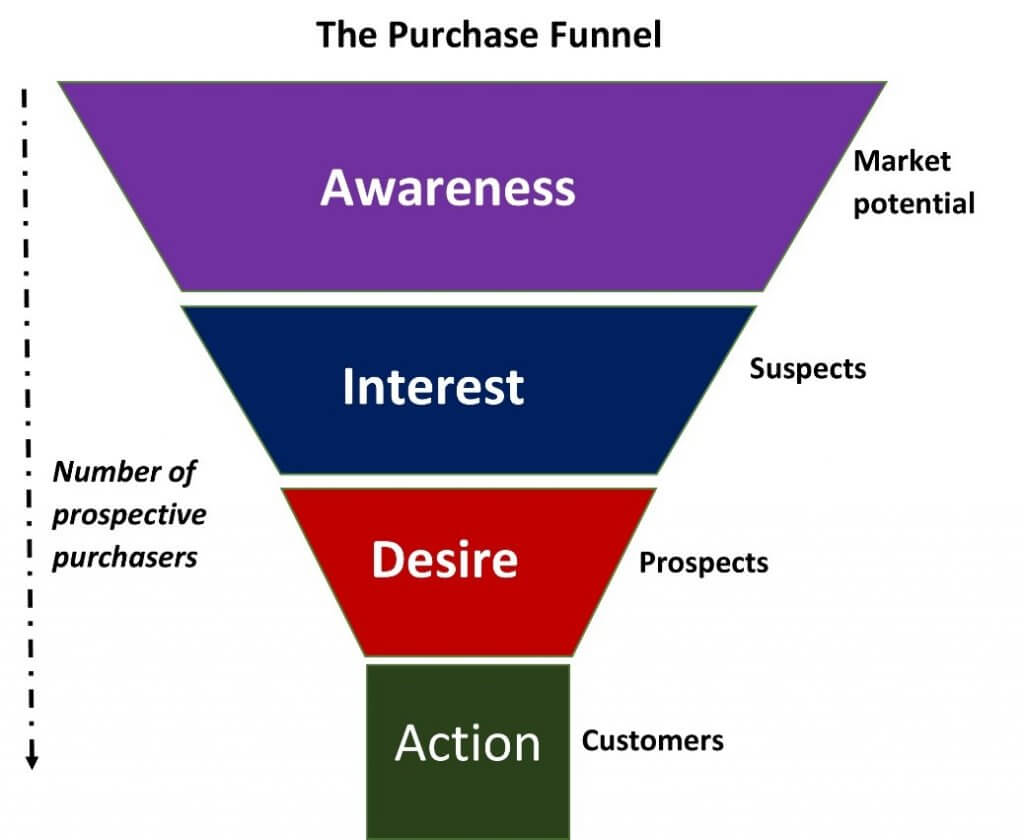Yandex Zen Optimisation Part 1: Getting to know Yandex Zen
Yandex Zen is a personalised recommendations service created by Yandex. It can serve as a great marketing tool for lead generation, brand awareness, and new demand creation for many businesses. The platform enables individual and corporate users to publish content (articles, videos, photos), and an algorithm recommends content to users based on their interests.

If you are not yet familiar with Zen or would like to explore further what opportunities it can bring to your business and search performance, you can get to know Zen through our Yandex Zen blog series.
Carry on reading part one to learn the basics of Zen personal content feed and its advertising opportunities.
Where can you find Zen?
Yandex Zen recommendation portal is present everywhere Yandex is, meaning, it is integrated into the Yandex browser, on the Yandex homepage, and can be directly accessed through zen.yandex.ru.
More than 16 million users visit Zen every day, and more than 60 million every month. The average user spends more than 40 minutes daily on the platform.
These 16 million people daily spend more than 10% of their free time on Zen.
To better illustrate where Zen positions in the market; at the end of 2019, it became one of the ten largest websites in Russia, and currently stands at the 7th most popular site and is more popular than Facebook.
1) Google
2) Yandex
3) Vkontakte
4) YouTube
5) Mail.ru
6) Instagram
7) Zen
8) Odnoklasniki.ru
9) Facebook
10) Official internet-portal of the Russian government
Yandex Zen user demographics
Who are the 16 million people using Zen daily? In terms of gender, the market is split equally at 50% women and 50% men.
Looking specifically at the age groups using Zen:

The majority of the audience accounting for 34% live in Moscow, and Saint Petersburg, followed by 25% residing in cities larger than one million inhabitants, 11% living in cities with 500k-one million inhabitants, and 30% of users live in other cities and towns.
Majority of users (56%) access the site from smartphones, 40% use their personal computers and 4% tablets.
How do Zen users interact with the publications?
On average, a user spends 40 minutes every day on Zen. The below chart is a representation of the split between different activities that the users complete and the way they engage with the publications.

There is no one main page of Zen, as each user can find what information and content are most suited for them, and their feed is generated for them individually.
The better the algorithm processes a user’s interests, and the more it learns about them, the more relevant the content recommendations and user experience will be.
How does Yandex Zen generate user feeds?
Zen uses two basic principles for generation user feed:
1) Semantic affinity or in other words – similar keywords
2) Collaborative filtering or in other words, ‘similar users.’
This means that machine learning looks at users that have liked the same type of content and recommend to a user additional content that ‘similar user’ has liked.
Now that we have covered the basics of what, where, and how Yandex operates, let’s have a closer look at publications on Yandex Zen.
Advertising on Yandex Zen
As Zen is a recommendation platform in Yandex and on partner websites such as Opera, it presents a commercial opportunity for businesses looking to create their promotional content.
Here is a list of some of the most common product and service interests of Zen users:
• Cars
• Clothing and footwear
• House and garden
• Construction and renovation
• Entertainment
• Electronics
• B2B
• Finance and insurance
• Holidays and tourism
• IT and telecommunications
• Properties
• FMCG
• Sports goods
As you can see, the audience has a variety of interests across a multitude of product and service categories, making the platform interesting for business owners.
Best practices for advertisements
When advertising on Zen, the advertiser must create a card and a promotional article.

A card is the summary of the promotional publication and is displayed in relevant user’s feed. On a card, you will find a thumbnail image, title and description of the publication, and serves as an anchor for a link to the publication.
Advertisers on Zen pay only when users who read their advertisements. In average, the ads on Zen are read for more than two minutes.
Seems very promising; however, there are certain cases when Zen advertising is not possible.
Zen does not allow to advertise the following sectors:
• Medical services
• Gaming, betting, lotteries
• Microcredits and financial risk instruments
• Alcohol
• Tobacco
• Topics unsuited for underage users
Why do advertisers need Zen?
Sales funnel and new demand
Firstly, what can businesses achieve through advertising?
• Generate a sense of need for a product.
• Generate new leads and new clients/customers.
• Increase conversion rate.
• Help close the sales cycle.
• Compete and differentiate with other market players.
Marketing tunnel is a familiar term for marketeers.

In Zen publication context, this will mean that advertisements will be brought to the attention of users. After reading the promotional article, a user may gain a desire to obtain the product or service that has been advertised. In an ideal scenario, it will lead to a conversion.
Conversion is commonly a sale, but it can also be depending on the business model, it can also mean a form fill, a phone call, or a subscription.
Zen advertisers can see the CTR of their promotional publications, as well as the time spent reading the publication.
To give an actual example, Yandex Zen has released the sales funnel data for a promotional article produced by Hyundai:
The promotional article is shown in feed: 8,476,561 times
Clicks on the article: 312,853
Times article has been read till the end: 158,320
Clicks on the link through to the Store: 62,230
As you can see, the promotional article resulted in 62k user traffic to the Hyundai website.
The metrics used for determining the success rate of a promotional article:
1) CTR
2) % of the article read
3) % of clicks through to the advertised product or service
Yandex revealed that 62k leads were statistically significantly lower than potential customers generated for Hyundai through other sources. However, Zen users have read the promotional article in its entirety and are therefore more knowledgeable. Statistics show that a significant percentage of Hyundai traffic generated from Zen were new users, so it is fair to say that the advertorials were successful at creating new demand and interest in the product.
Stay tuned for part two of our Yandex Zen series to learn more about the platform and its advantages.